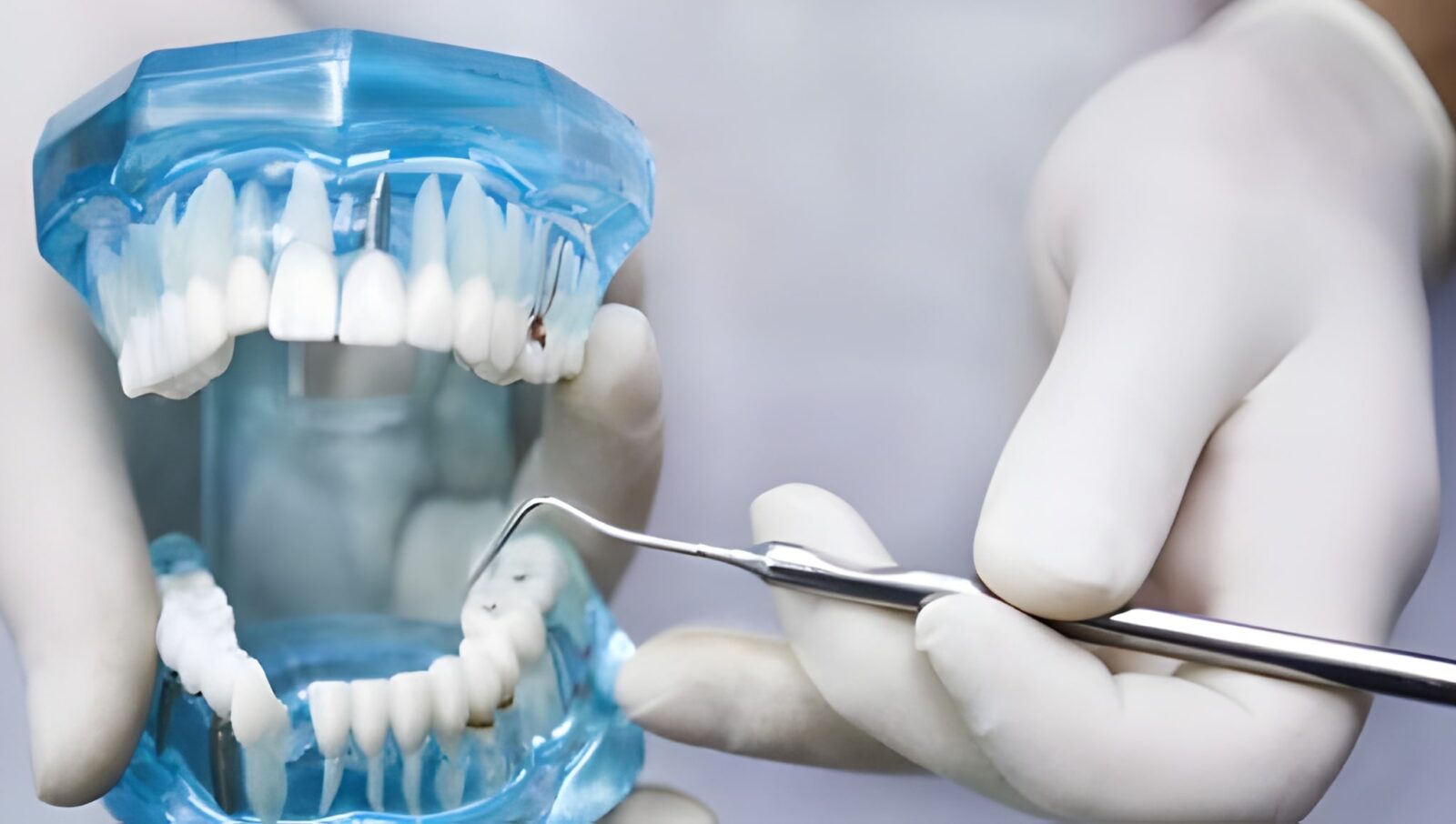Halitosis, commonly known as bad breath, is an unpleasant odor emanating from a person’s breath, whether due to oral or non-oral factors.
Though not always a medical emergency, it can significantly affect a person’s social and emotional well-being.
There are various causes of halitosis. According to Dr. Vincent Ooga from Avenue Healthcare Kisumu, “The contributing factors can be either local or systemic.”
Local oral causes include poor oral hygiene, cavities that trap food particles, gum and periodontal disease, dry socket, xerostomia (dry mouth), oral malignancies, oral infections, and misaligned teeth that make brushing difficult.
Non-oral contributors include conditions like sinusitis and tonsillar infections. On a broader scale, systemic illnesses such as leukemia, gastroesophageal reflux disease (GERD), renal failure, liver failure, and diabetic ketoacidosis can also result in halitosis.
Symptoms often vary depending on the cause. Dr. Ooga explains, “The most common cause of halitosis is gingival and periodontal disease. You will notice bleeding gums and calculus build-up around the teeth.”
Who suffers the most?
Halitosis does not favor any gender biologically, but social trends suggest that more men are seen with the condition.
“There is no gender predilection for halitosis,” Dr. Ooga clarifies. “More men have presented with halitosis not because they are more predisposed but because of their relatively poor health-seeking behaviours.”
Furthermore, women are also advised to be keen, as they could be victims owing to their fluctuation in hormone levels during menstruation, pregnancy, and menopause.
Globally, around one in four people suffer from halitosis. However, Dr. Ooga notes, “The numbers could be higher because most people with halitosis don’t visit healthcare facilities for help, considering the fact that halitosis on itself cannot cause pain, unless it is as a result of maybe a dental infection.”
Dr. Ooga advises that treatment largely depends on the underlying cause.“At home, ensure adequate brushing, especially before bed, clean the tongue, floss regularly, and stay hydrated. Professionally, a dentist can do a thorough examination, perform cleanings, fill cavities, treat infections, or refer patients for systemic causes,” he said.
He also discourages the over-the-counter use of mouthwash without a dentist’s guidance, urging that there is a need to visit a professional dentist for proper administration.
How do you address one with Halitosis?
The question of how to inform someone that their breath is unpleasant is very challenging, especially since individuals with the condition are often sensitive to it.
When addressing someone with halitosis, empathy is key. “It is important you practise empathy,” Dr. Ooga emphasized. “Let them know it is not an unusual finding. Ensure privacy, avoid making fun of the situation, and encourage them to seek professional help.”
Ultimately, halitosis is treatable, and with the right approach, both medical and personal, those affected can regain their confidence and well-being.












